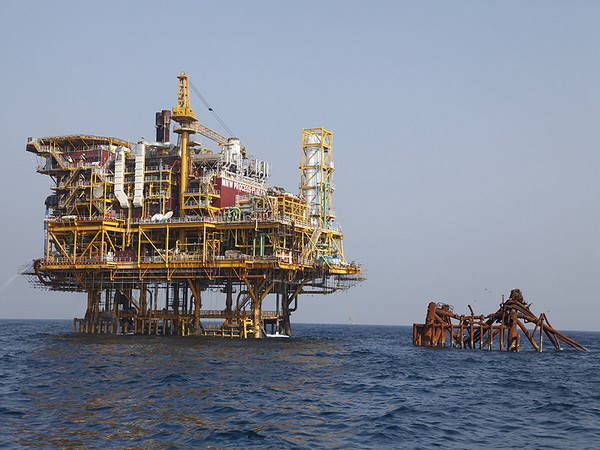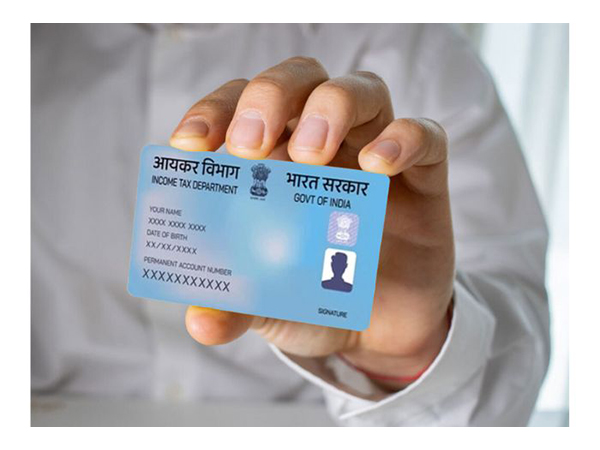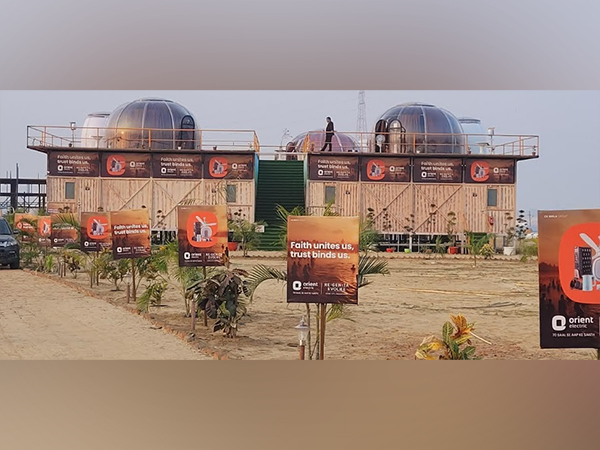
Southeast Asia on course to account for 25% of global energy demand growth until 2035: IEA
Oct 24, 2024
Paris [France], October 24: Southeast Asia is set to be one of the world's largest engines of energy demand growth over the next decade as its rapid economic, population and manufacturing expansions drive up consumption, according to a new IEA report, posing challenges for the region's energy security and efforts to achieve national climate goals.
Based on today's policy settings, Southeast Asia is on course to account for 25 percent of global energy demand growth between now and 2035, second only to India over the period and more than double the region's share of growth since 2010. By mid-century, energy demand in Southeast Asia overtakes that of the European Union.
Growth is led by the electricity sector. Electricity demand in Southeast Asia is set to surge at an annual rate of 4 percent, the report projects, with growing use of air conditioning amid more frequent heatwaves a big driver of increased electricity consumption.
According to the report, clean energy sources such as wind and solar, alongside modern bioenergy and geothermal, are projected to meet more than a third of the growth in energy demand in the region by 2035. This is a step up compared with the past but not enough to rein in the region's energy-related carbon dioxide (CO2) emissions, which are set to increase by 35 percent between now and mid-century.
Expanding and modernising the region's power grids to support greater shares of variable renewable energy will require annual investment in this space to double to nearly $30 billion by 2035, according to the report. This includes regional cooperation initiatives such as the ASEAN Power Grid as well renewables-based microgrids to serve islands and communities in remote areas.
"Southeast Asia is one of the most economically dynamic regions of the world and is set to account for a quarter of the growth in global energy demand over the next decade as its population, prosperity and industries expand," said IEA Executive Director Fatih Birol. "Countries in the region have a diverse mix of energy sources including highly competitive renewables. But clean energy technologies are not expanding quickly enough and the continued heavy reliance on fossil fuel imports is leaving countries highly exposed to future risks. Southeast Asia has made great progress on issues such as energy access, clean cooking and developing clean energy manufacturing, but now it must ramp up efforts to deploy those technologies at home. Access to finance and investment for the region's fast-growing economies will play a pivotal role in strengthening their energy security and delivering on their emissions reduction goals."
Source: Emirates News Agency






